10 Best Film Spirit Award Winners of All Time
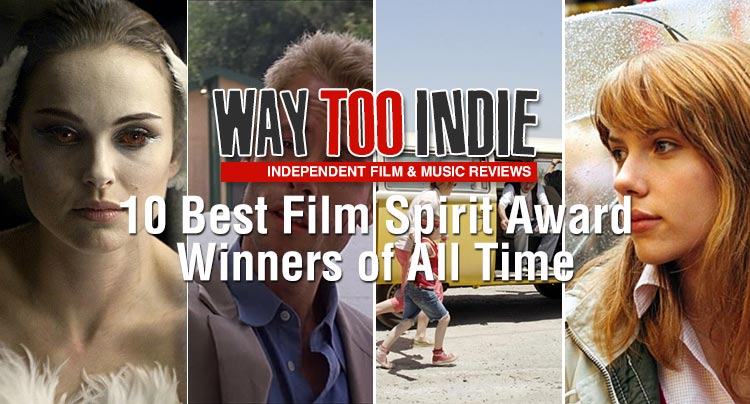
Over the past 28 years the Independent Spirit Awards have recognized and awarded independent films that often get overshadowed during the popularity contest that surrounds most award shows. Many of the previous Spirit Award winners are now household names (Darren Aronofksy, Coen brothers, Robert Altman, Steven Soderbergh, David O. Russell), and furthered their careers from the recognition they received. As we wait to see what films will join the already impressive list of former winners, our staff at Way Too Indie shares their favorite 10 Best Film Spirit Award Winners of All Time.
Fargo

When the Coen brothers gifted their sixth feature film, Fargo, to us in 1996, Roger Ebert called it “one of the best films I’ve ever seen.” It was, and still is, a virtually universal sentiment among movie lovers across the world, and the film stands as a shining star in the Coen’s ever-expanding oeuvre. The Coens represent independent film with Fargo as well as any film from the ’90s, setting their outlandishly funny tale in one of the most offbeat, curiously charming corners of the country, a stroke of genius. Frances McDormand’s Marge Gunderson is a treasure of American cinema, and the “Minnesota nice” accent worn by the cast is now inextricably linked to the film. Aside from the film winning the Independent Spirit award for best picture, the Coens won a BAFTA and Cannes award for direction, an Oscar for Best Screenplay, and McDormand won an Oscar for Best Actress. [Bernard]
Black Swan
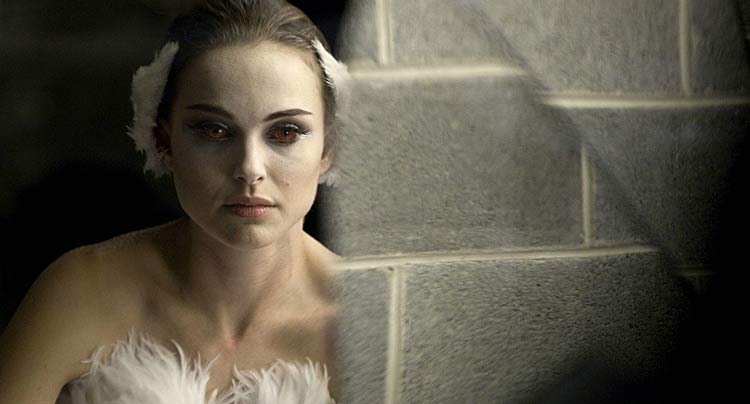
After reinventing himself with The Wrestler, Darren Aronofsky merged his new Dardennes-influenced style with psychological horror in Black Swan. As a ballerina slowly going insane as she fights for a lead in Swan Lake, Natalie Portman gave her best performance to date. The film was a smash hit too, earning over $300 million worldwide on a $13 million budget. Aronofsky’s visceral and elegant direction resonated with audiences, and understandably with Indie Spirit as well. With the $100+ million budgeted Noah coming out this year, Aronofsky has become yet another quintessential indie success story. [CJ]
Memento
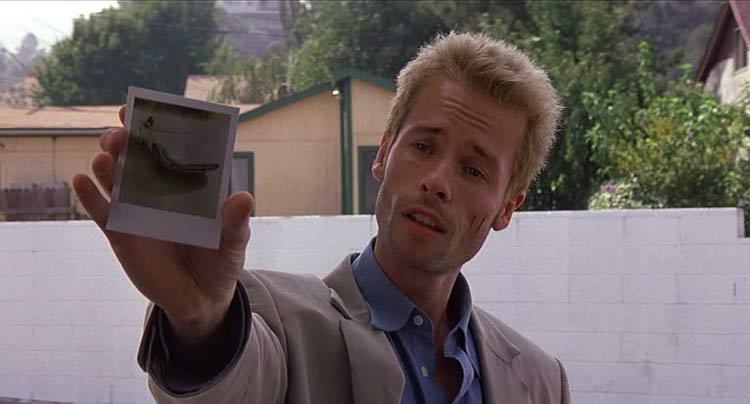
Famously known for its backwards storytelling, Memento follows the story of Leonard, a man whose short term memory loss means he can’t remember anything since his wife’s brutal death, and his need to avenge her. As with any such thriller that involves the thorough confusion of the audience, plot holes could be found if we looked hard enough. But to do so would defeat the point – the film exists not to tell a story but rather to evoke an experience. Nolan’s film became a well known success not just because he could successfully tell his story in an untraditional manner, but also because this confusion was far more than just an interesting narrative device. The fact that we don’t know what happened 5 minutes prior to the scene we’re watching is incredibly effective in making us empathize with Leonard, who did know, but has forgotten. Paired with an astounding performance from Guy Pearce, it’s no surprise this film is ironically so memorable. [Pavi]
Little Miss Sunshine
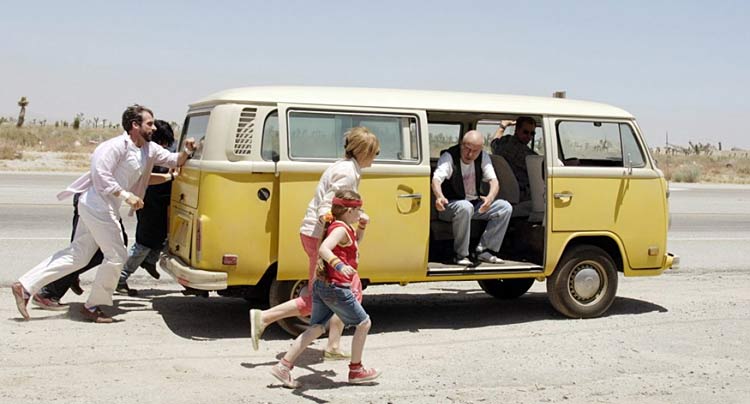
Little Miss Sunshine has always been one of those films you either love or hate. I’ve met plenty of people that have said that it’s outrageous awkwardness is a bit of a turn off, but others like my self have found that the inner quality and beauty of Little Miss Sunshine can have a profound effect. It’s a wonderful story focusing on the struggle a middle class family endures whilst traveling across states to get to a child beauty pageant. The family deals with a lot of problems that arise along the way and learn to make room for each others imperfections. [Amy]
Short Cuts
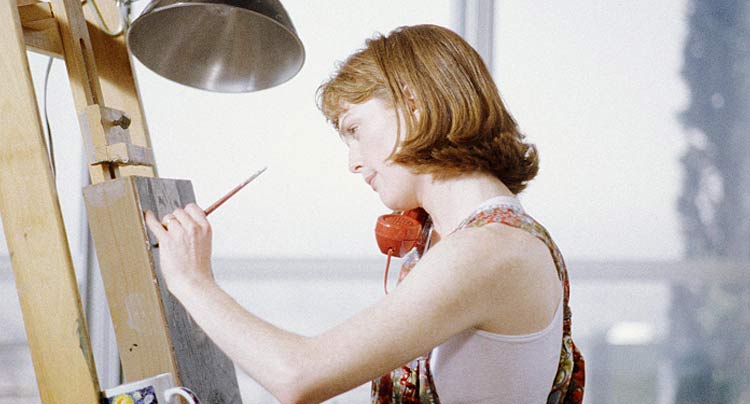
Robert Altman is a pretty huge deal when it comes to the Independent Spirit Awards. For most of his directorial career he was deemed as noncommercial by Hollywood, meaning he was limited in terms of budget and distribution compared to other prominent filmmakers at the time. The notorious director now has an entire award category dedicated to him at the Independent Spirit Awards, and a lot credit for this comes from his 1993 independent hit Short Cuts. Stacked with a bunch of stars (Julianne Moore, Tim Robbins, Andie MacDowell, Robert Downey Jr., and Jack Lemmon), Short Cuts followed numerous strangers living in L.A. whose lives would eventually intersect with one another in various points. Altman’s masterpiece influenced other films with similar interweaving narratives like Paul Thomas Anderson’s Magnolia. Having recently revisited the film, I can confirm Short Cuts still holds up 20 years later. [Dustin]
Silver Linings Playbook
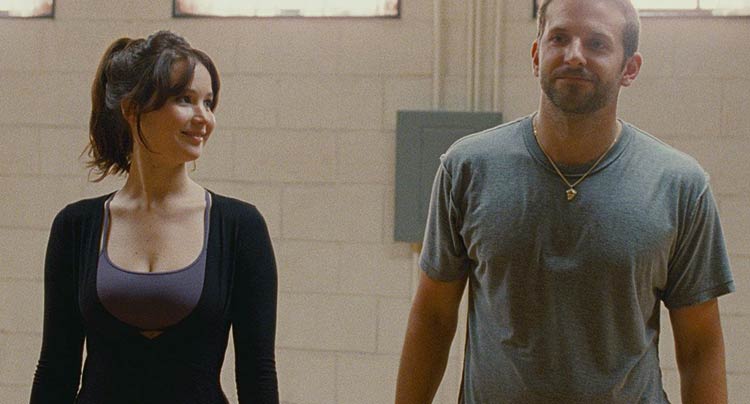
Silver Linings Playbook was also up for quite a few gold men at last year’s Oscars, including Best Picture, but winning Best Feature at the Independent Spirit Awards is a more fitting accolade for this black sheep film about, well, black sheep. The heart of indie filmmaking, while it might have a lot to do with budget, is all about covering uncommercial topics, and a romantic dramedy involving two certifiably mentally unbalanced adults falls squarely into that category. This film stars Bradley Cooper as Pat, a bipolar and recently released psych hospital patient forced to move back in with his parents while he works toward winning back his estranged wife. When he meets a depressed and aggressive widow, Tiffany, played by Jennifer Lawrence, she promises to help him get his wife back if he agrees to dance as her partner in a competition. Together they develop their own kind of therapy in dealing through their issues, as well as find in each other a sense of sanity that works for them. David O. Russell’s adapted screenplay is hilarious but never makes light of mental illness, and though the cast is decidedly A-list, each of them gives a performance transcendent of genre or label. [Ananda]
Pulp Fiction
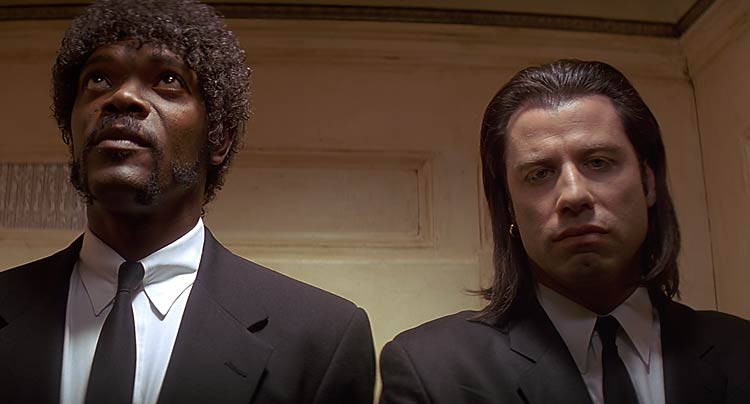
Quentin Tarantino’s second film cemented itself into pop culture history when it came out in 1994, and for good reason. Its dialogue, time jumping structure and circular storyline (among many other things) combined to make a wholly unique and wildly entertaining film. Audiences loved the film, and Tarantino’s distinct style made him become one of the most influential filmmakers working today. The Academy Awards handed their Best Picture statue over to the schmaltzy Forrest Gump, but time has shown that the Spirit Awards made the right choice. [CJ]
Juno
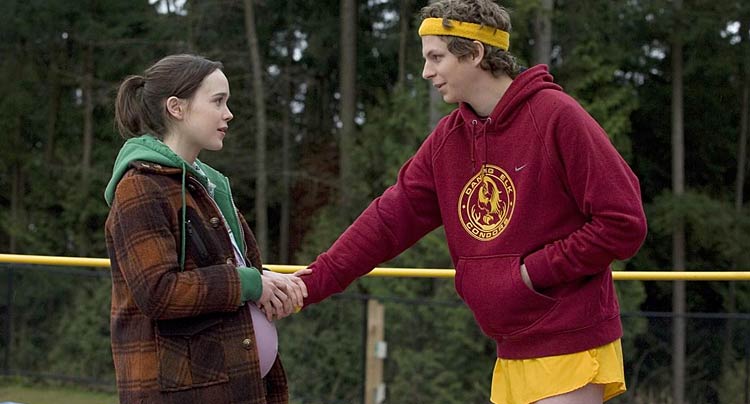
Charming, genius, quick-witted, touching, unique: all of these and many more similar adjectives are frequently used to describe Jason Reitman’s tale of a young girl and her journey through pregnancy. In fact, you’d be hard pressed to find someone who doesn’t sing Juno’s praises, and this is with good reason. A beautiful script from Diablo Cody with excellent comedic pacing, a performance from the immensely talented Ellen Page that will genuinely make you fall in love, and a fantastic supporting cast, from Michael Cera to J.K. Simmons – this film has a whole lot going for it. More than anything, though, what really makes it stand out is that in the same instant that it makes you cry with laughter, it will make you cry with emotion. For every smart, snappy joke is an even smarter, thoughtful take on life. Juno, the 16 year old girl who is wise beyond her years, is a paradox; it seems only right that the film is too. [Pavi]
Lost in Translation
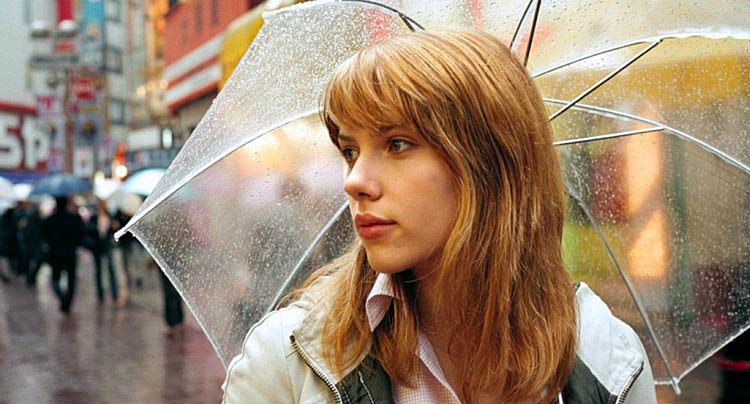
In 2004 Sofia Coppola took home spirit awards for Best Director and Best Screenplay in addition to the Best Feature award for her intimate mood piece Lost in Translation. Having already piqued the interest of the film world with her directorial debut The Virgin Suicides four years previously, Lost in Translation proved that she wasn’t just another Coppola, but an artist in her own right. She wrote the script based on her own experiences traveling to Tokyo in her 20’s and had Bill Murray in mind while writing to play Bob Harris, the aging movie star in the midst of a mid-life and mid-career crisis. This perfect tale of Bob and Charlotte, the young American wife left contemplating life as her husband photographs celebrities–played by a young but exemplary Scarlett Johansson–focuses less on love and more on companionship in the midst of life’s periods of question in quite literally a place of complete cultural confusion . Despite being oddly juxtaposed against the anti-indie-film-of-all-films, Lord of the Rings: Return of the King, which also came out in 2003, it speaks to the excellent filmmaking and performances that Lost in Translation held it’s own that year and continues to be a perfect example of the ingenuity the Spirit Awards strive to reward. [Ananda]
The Wrestler
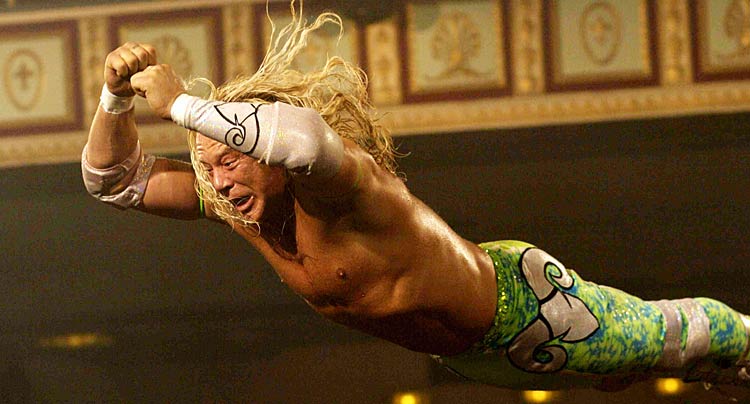
Darren Aronofsky couldn’t have found a better suited star for his gritty character portrait of a deteriorating man who sacrifices his body and mind for his craft than Mickey Rourke. It’s hard to imagine anyone else in the role of Randy “The Ram” Robinson, a has-been professional wrestler who is a veritable amalgamation of many wrestling superstars from the ’80s (Hulk Hogan, Randy Savage, Terry Funk, and more). Watching Randy’s life fall apart bit by tragic bit is painful, and utterly engrossing; a scene in which Randy holds his hysterically heartbroken daughter (Evan Rachel Wood) in his arms on the floor of her living room is earth-shattering. The film had stiff competition in the 2008 Independent Spirit Awards, running against Kelly Reichhart’s sublime Wendy and Lucy and Lance Hammer’s powerful, contemplative Ballast, which speaks to the idiosyncratic brilliance of Aronofsky and Rourke’s collaboration. [Bernard]
